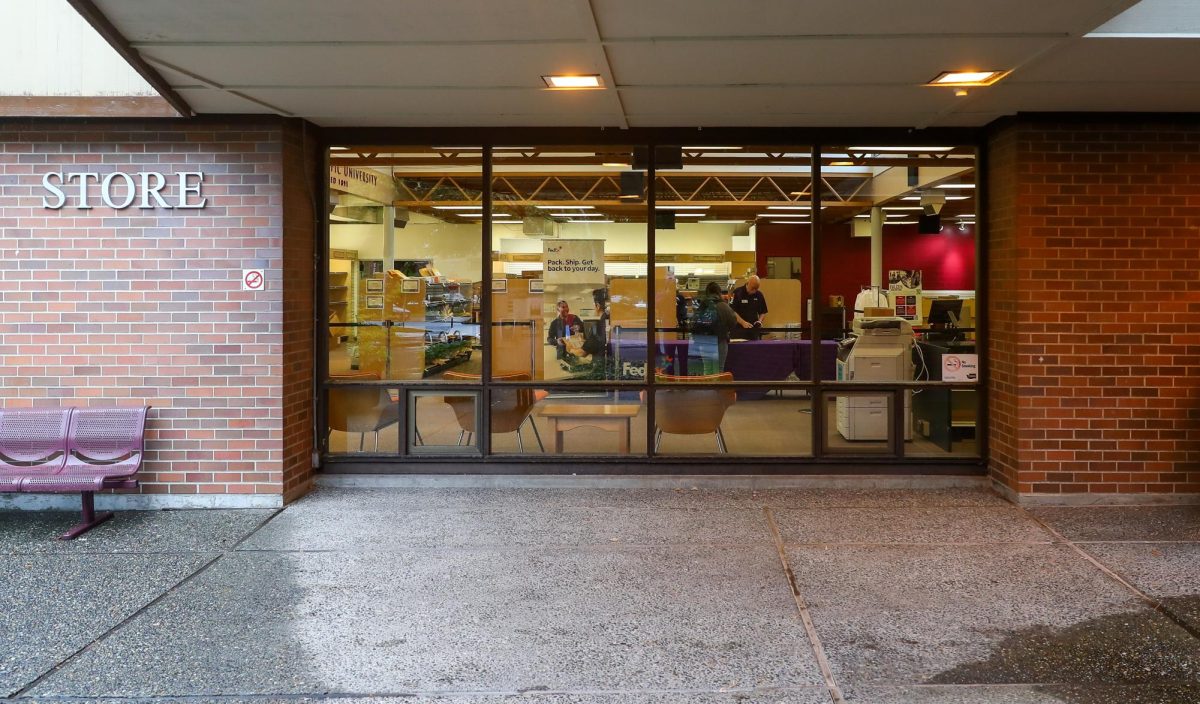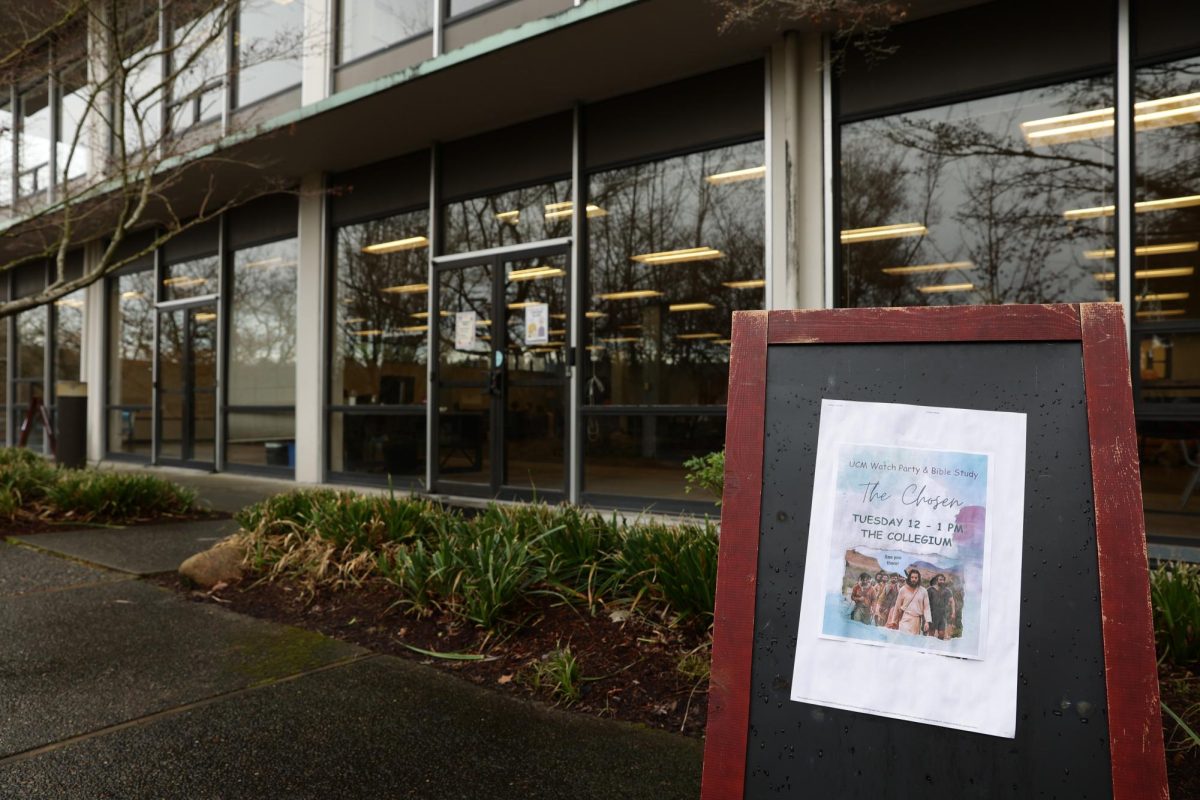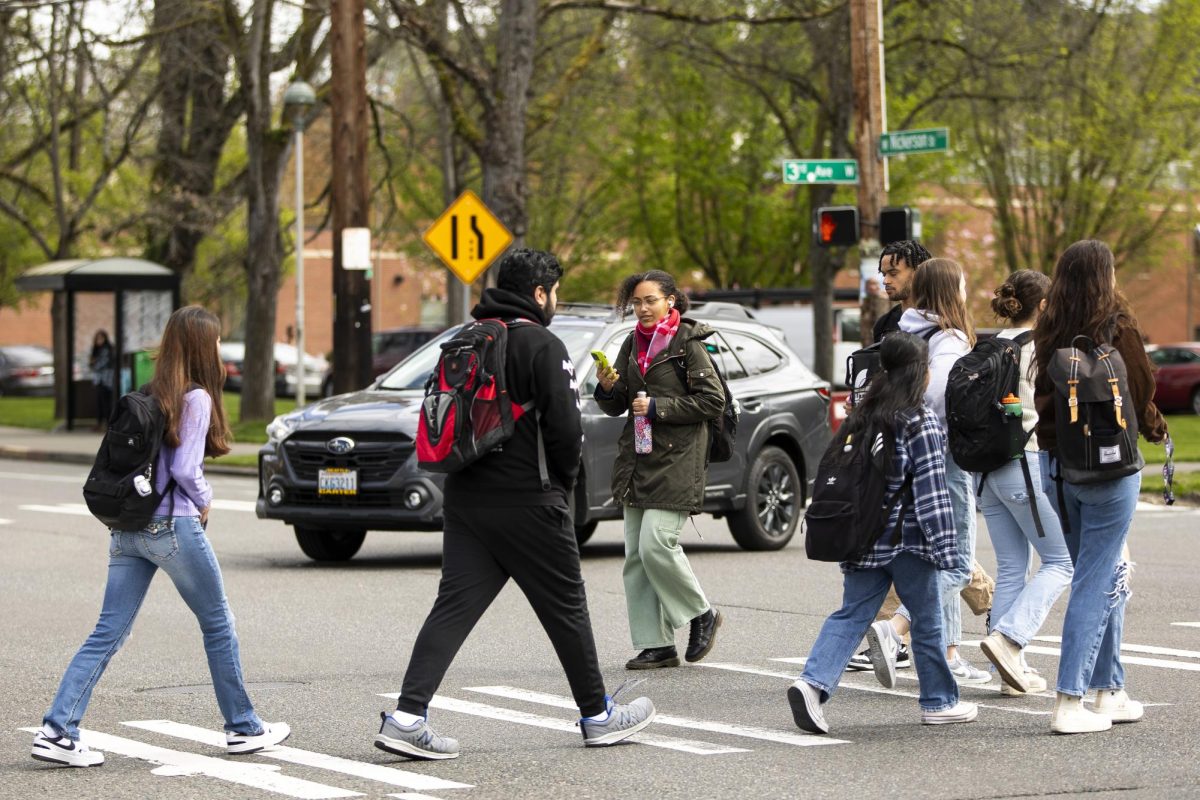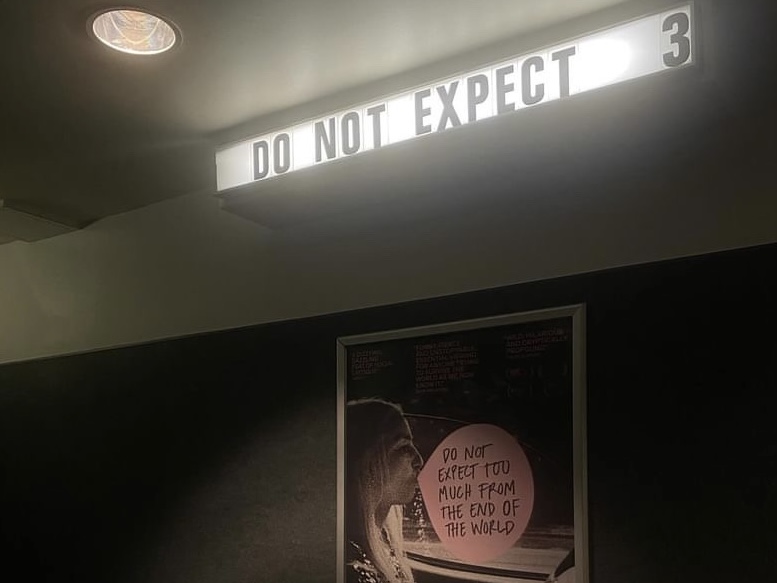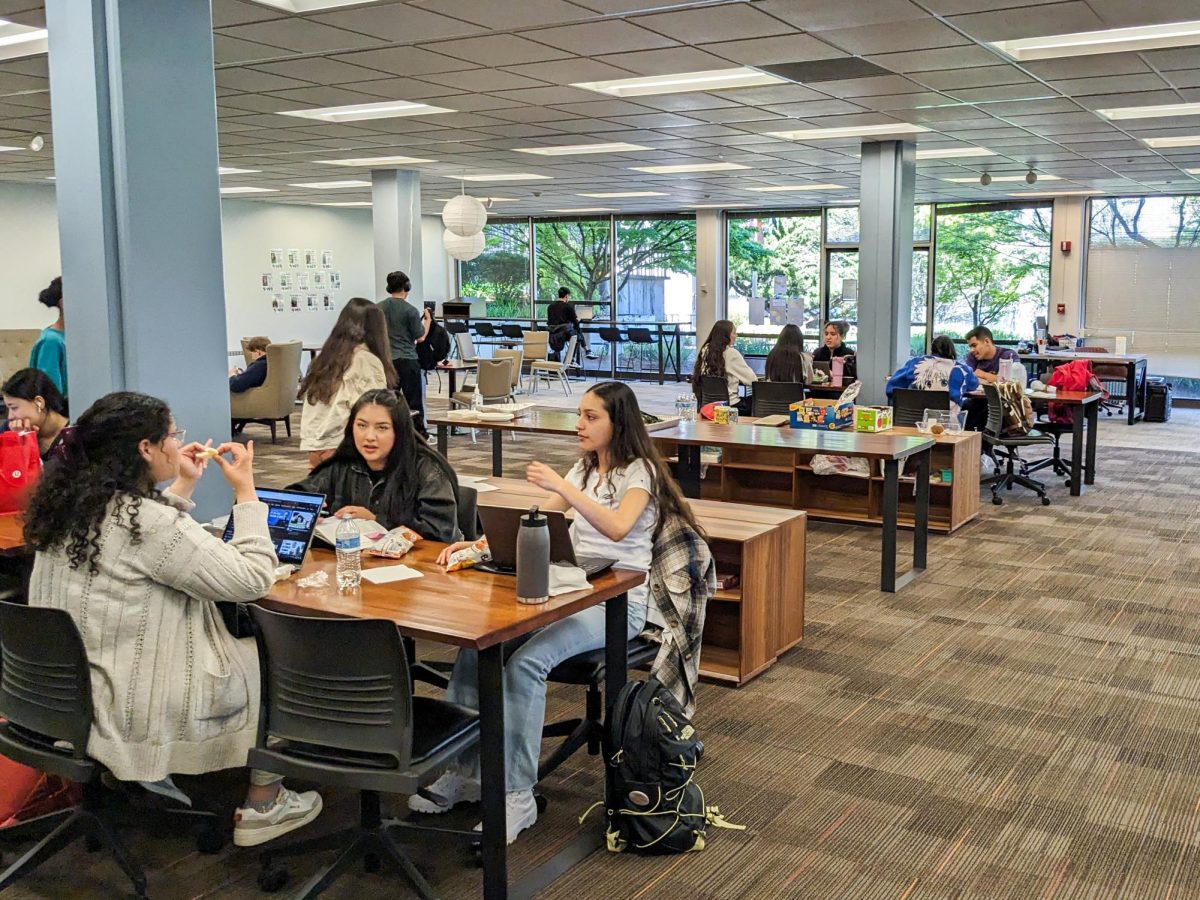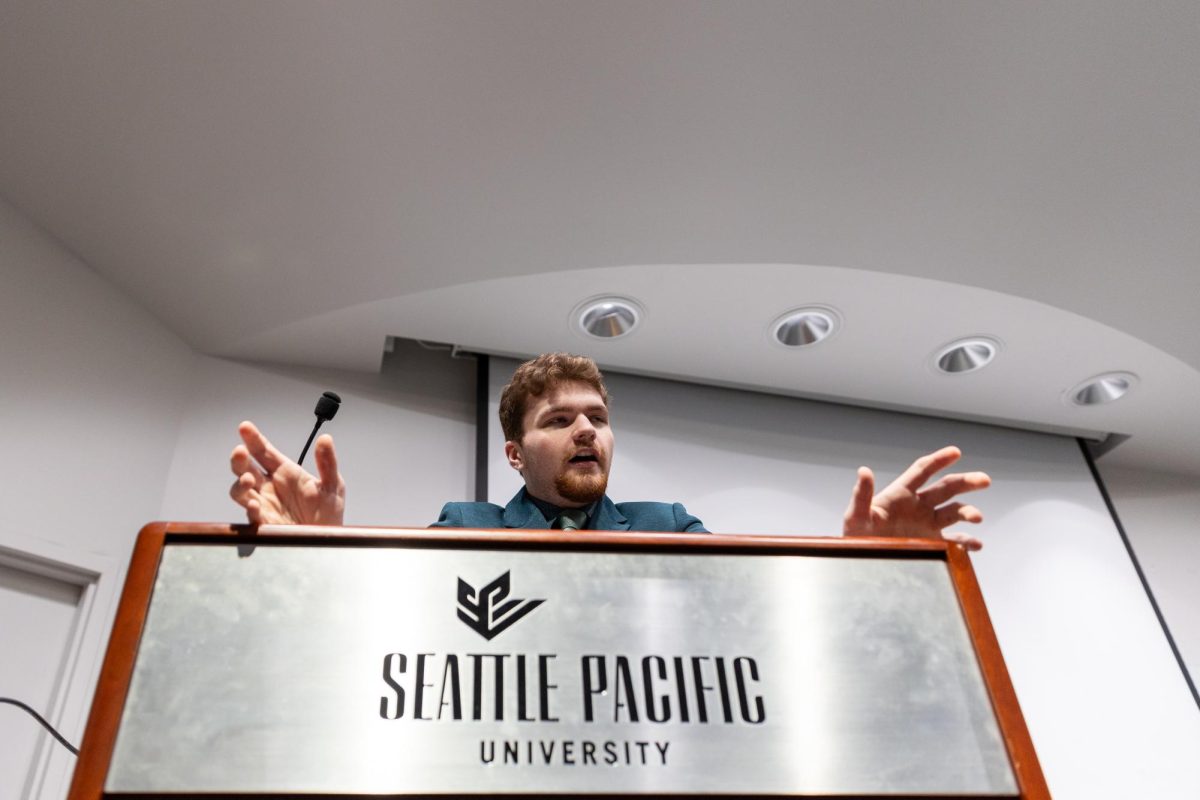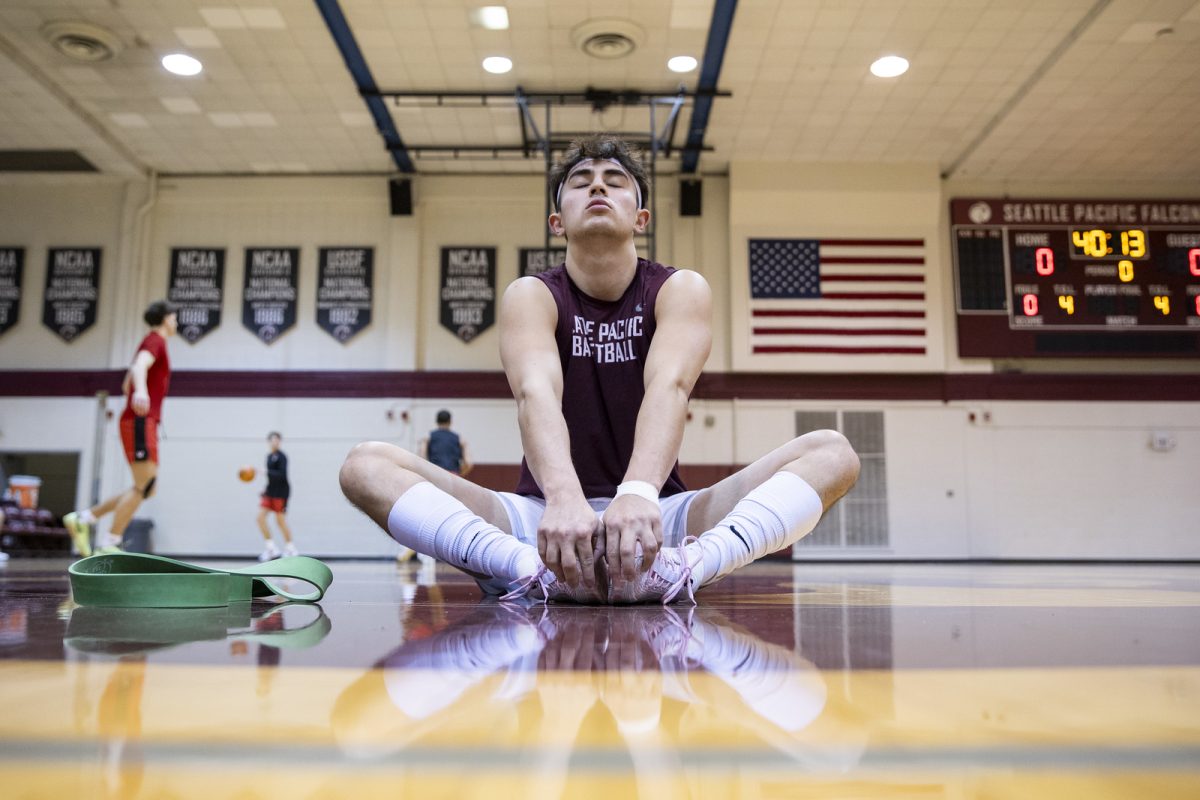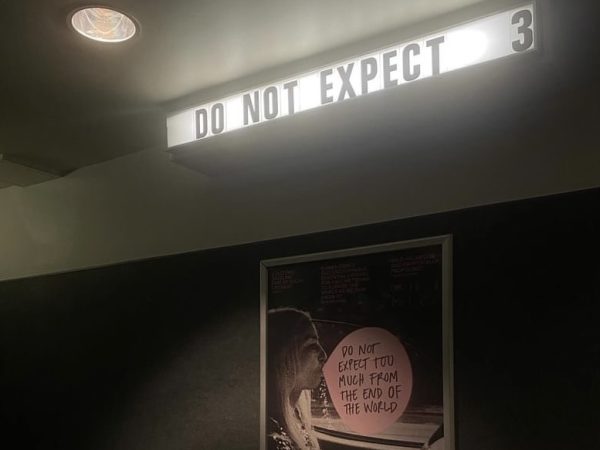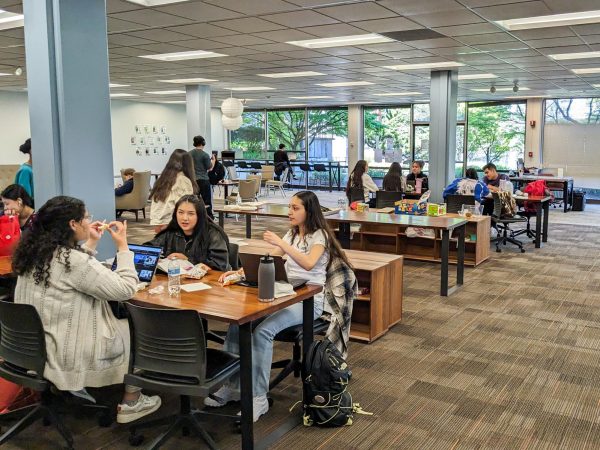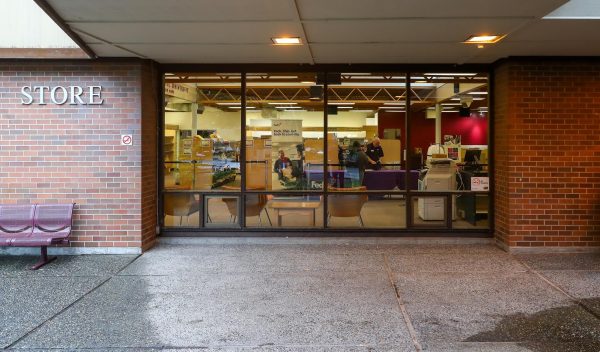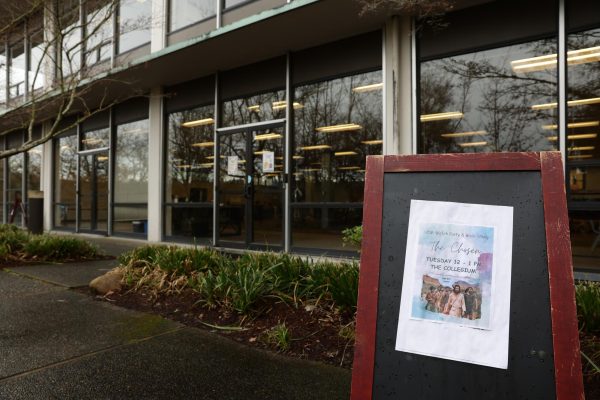Mental health days
New K-12 policy starts conversations around mental health
March 30, 2022
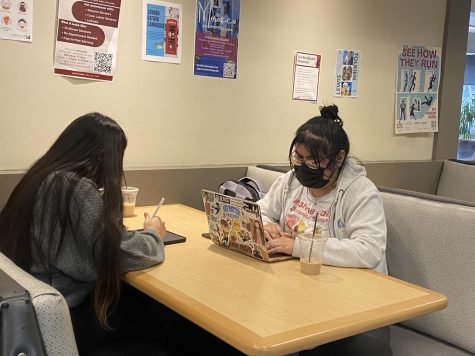
Many people struggle with mental health, and it can be something that interferes with school and work. As awareness around mental health grows, educators across the state are constantly looking at how to better support students.
New legislation will require K-12 public schools to accept mental health as a reason for an excused absence – the same as being physically sick. SPU does not currently have a policy like this in place. Rather professors are in control of whether or not an absence will affect your grade. But, in a survey of 140 students, 94% said that they think mental health is a valid reason to receive an excused absence.
Ashleigh Rickert, a second-year clinical psychology major, believes that SPU adopting this policy would create a better learning environment.
“This could be a step in that direction to show people that what they are going through is valid,” Rickert said. “We should be able to be excused from class to focus on our mental health because if we do not take care of ourselves, we won’t be able to show up to class ready to learn and embrace the class material.”
Amy Mezulis, professor in the department of clinical psychology, agrees that this would be a good policy for SPU to adopt.
“Over the last several years, science has increasingly shown the interconnectedness of physical and mental health,” Mezulis said. “If the recommended treatment for a cold, the flu, or a sinus infection is to stay home and rest, or attending a long-awaited medical appointment is considered a valid absence, it should follow that taking a “mental health day” to address acute mental health needs or attending a mental health appointment is also an excused absence.”
But not all professors are on-board with the idea. Lorelle Jabs, associate professor of communication, would rather absences be discussed between professor and student.
“It’s trying to legislate something that professors need to just be aware of and compassionate about,” Jabs said. “If there’s a concern that professors aren’t allowing mental health days, there should be training for faculty.”
Instead of relying on a new policy to regulate absences, Jabs hopes that students will be able to talk to their professors and be honest about what is happening in their lives outside of class.
“When students aren’t in class, they miss stuff. As long as they come talk to me, then we can make arrangements for them to get that material outside of class,” Jabs said.
Yet there is also the possibility of such a policy being taken advantage of.
“If we make this a policy, it could get abused, and it’s the students that most need to be in class that would abuse it. I don’t think that’s in the students best interest in the long run,” Jabs said.
Mezulis also explained that for this to really work, students and staff must work well together..
“There needs to be trust on both sides that the policy will be honored by professors and university staff and not taken advantage of by students,” Mezulis said.
But even though there is not a specific policy regarding mental health and absences, mental health is still a very important part of students’ lives that should not be ignored, according to Mezulis.
“Mental health is an important component of overall health and wellbeing, and stable mental health is as important to college success as physical health,” Mezulis said.
For students struggling with their mental health, the counseling center provides counseling and support accessing other resources. Students are also encouraged to check out disability services to discuss possible accommodations for documented disabilities of any kind.



